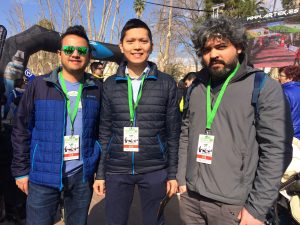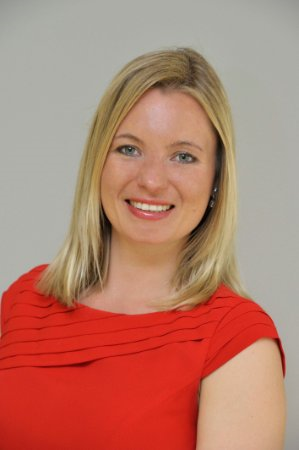The paper “Public displays for public participation in urban settings: a survey” (Authors: Guiying Du, Auriol Degbelo, Christian Kray) has been accepted for publication in the 6th ACM International Symposium on Pervasive Displays.
Abstract: Public displays can be used to support public participation in urban settings. This article provides a survey of the use of public displays for public participation in an urban con- text, covering articles on this topic published between 2012 and 2016. 36 papers were selected and analyzed along eight dimensions: type of political context, type of scientific contribution, standalone displays vs displays with a device, single vs multi-purpose displays, shape of displays, lab vs field study, deployment in public vs semi-public space, and the level of public participation addressed. Our analysis revealed a number of trends regarding public displays and public participation in urban settings. Inspecting these articles also led to the observation that current research on public displays is mainly targeting lower levels of public participation and that the evaluation of public displays for public participation in urban setting remains a challenge.





